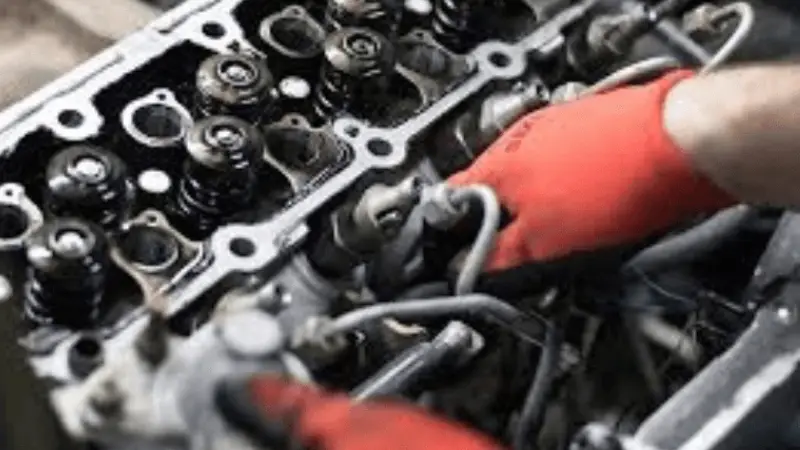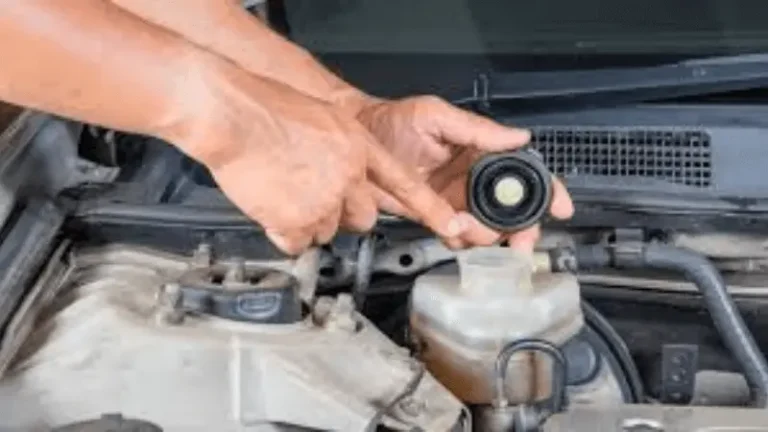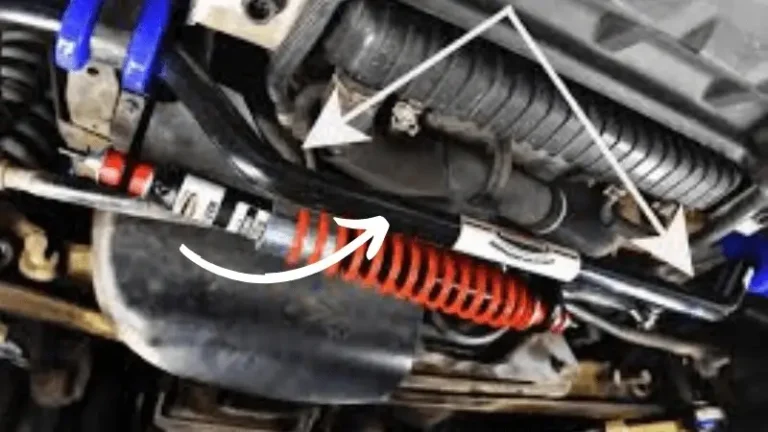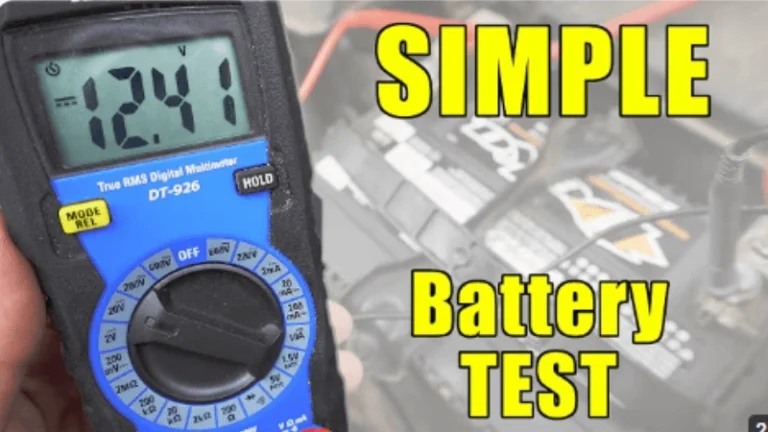Now you can resolve problem related on how to fix engine misfire. An engine depends on several parts to work efficiently. It depends on the cylinders, which combust and produce energy. In the same way, pistons and the crankshaft all work in order. If any part of this fails to operate appropriately, it will lead to engine stalling and shaking.
What is an engine misfire?
Engine shaking and vibrating is the main symptom of misfiring. Its timely diagnosis and repair are necessary. You must have knowledge of what causes a car to misfire and how to overcome this problem. Knowing the reasons for misfiring is very important to prevent costly repairs.
You may notice unusual activity from the engine combustion. You may notice a change in sound, poor power acceleration, poor fuel efficiency, and a bad smell and smoke from the exhaust. When an engine is misfiring, it indicates a total change in the car’s behavior, such as stalling, shaking, and loss of power.
Symptoms of Engine Misfire
- The engine may shake during rough idling or while the car is parked.
- The car takes time to accelerate when you press the acceleration pedal.
- Your car suddenly loses power.
- The check engine light brightens the dashboard.
- You notice a change in engine sound, such as popping and ticking.
- The engine may consume unusual fuel compared to before.
- More smoke and smell from the exhaust.
Causes of Engine Misfire
- Your spark plugs may get dirty or darkened due to carbon buildup, or they may be loose or worn out.
- Worn-out spark plugs can cause engine misfires.
- Any problem with the coil ignition could result in the check engine light turning on.
- Spark plug insufficiency may be the cause of rough idling.
- Low and bad fuel pressure in the delivery system may cause misfiring.
- Contaminated or bad fuel may be the main reason for misfiring.
- Clogged fuel injectors will cause misfiring after you start your car.
- Bad sensors like MAF or oxygen sensors’ inactivity may be the reason for engine shaking.
- The engine may misfire due to a blown head gasket, damaged piston rings, or valve difficulties.
- Coolant disappearing without a visible leak, along with engine misfire, may indicate an internal leakage in the water body of the car.
- A bad cylinder can majorly cause misfiring in your car.
Common Engine Misfire Scenarios
Their are some common scenarios of misfire:
The engine ticks when warmed up and misfires.
When you warm up your car, your engine may produce a ticking sound due to low oil pressure. This may also be caused by a faulty fuel pump issue.
Engine misfire in drive only
Or you may notice your car misfires when you drive.It does not stall while parked, but when you drive, it begins shaking and vibrating. This could be associated with internal engine combustion issues or broken spark plugs.
Pressing the gas pedal and engine misfiring
Pressing the gas pedal but the car not accelerating as it should can be due to several problems, such as a bad fuel delivery issue or cylinders not working appropriately.
Engine Stalling and Shaking
Experiencing engine shaking and stalling can symbolize various issues, possibly due to bad sensors or inefficient fuel delivery from the delivery system.
How to Fix Engine Misfire?
What to do if your car is facing an engine misfire? We offer a comprehensive guide here. The information provided will help you understand the problem and cure engine knocking and surging.
Check and Replace Spark Plugs
Old and worn-out spark plugs can cause misfires often. If you traveled over 30,000 kilometers, analyze and replace them.
Clean or Replace Fuel Injectors
Clogged fuel injectors can cause misfires. Clean them with an injector cleaner to resolve this issue.
Test the Fuel Pump
Check the pressure of the fuel pump to see if it is supplying fuel with adequate pressure. A weak fuel pump supplies fuel with low pressure, which causes the engine to misfire. Replace the fuel pump if necessary.
Check MAF and Oxygen Sensors
Check the efficiency of the oxygen and mass air flow sensors, as occasionally they need cleaning. If they are not working properly, clean them or check whether they are loose. Fixing loose or dirty sensors will help you overcome the misfire issue in your car.
Check the Cylinder is Working
A cylinder will perform poorly if its piston rings have become worn, the valve is damaged, or the head gasket is blown. Check the functionality of each of these components. If any of them are damaged, contact your mechanic to have them repaired.







